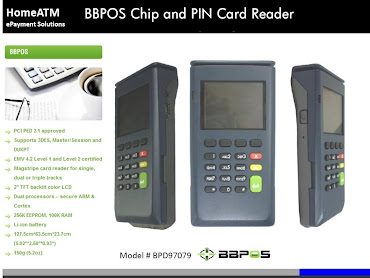Text scam tries to fool bank customers
Nov 25, 2008 (Kerrville Daily Times - McClatchy-Tribune Information Services via COMTEX) --
Don't give out personal information to an unknown source. That's the message from Bank of the Hills Regional CEO Harold Wilson after area cell phones owners were inundated with text messages stating that Bank of the Hills debit cards had been deactivated.
According to Wilson, the text messages were sent out beginning Friday to Verizon and Sprint customers, and blanketed the area.
The Kerrville Police Department received two reports of the scam as of Monday afternoon. The text message reads: "Bank of the Hills alert. Your debit card has been deactivated. Please contact us at (830) 448-0088 to reactivate your card." Callers to the number are offered two options -- to activate the card or to change the PIN number. After choosing an option, callers are prompted to give personal information, such as their debit card and personal identification numbers.
KPD spokesman Paul Gonzales said one of the victims' bank accounts was cleared out the day after responding to the text.
"After providing both the debit card and PIN number and further research, it was discovered that the text was a fraud, also known as a phishing scam," Gonzales said. "One victim's account was changed immediately resulting in no loss, while the second victim's account was depleted of approximately $1,500."
Bank of the Hills posted a warning on its Web site Friday about the scam, and Wilson said steps are being taken to identify from where the texts originated. "Scammers usually do this kind of activity on a Friday so they can have all weekend to use the information," Wilson said. This is the second phishing scam this year to use Bank of the Hills' name. In May, bank customers were targeted by both e-mails and phone calls asking for account information. Wilson said Bank of the Hills or any other bank would never try to solicit account information over the phone or by e-mail, especially PIN numbers.
"The advice is simple. No bank would ever ask anybody to reveal their PIN number," he said. "We don't know it, and we don't want to know it.
"Anytime someone is asking for a PIN number, it's a scam," Wilson added. Gonzales advised that text messages, e-mails, telephone calls or letters requesting bank account or other personal ynformation should be ignored and turned over to the police.









0 comments